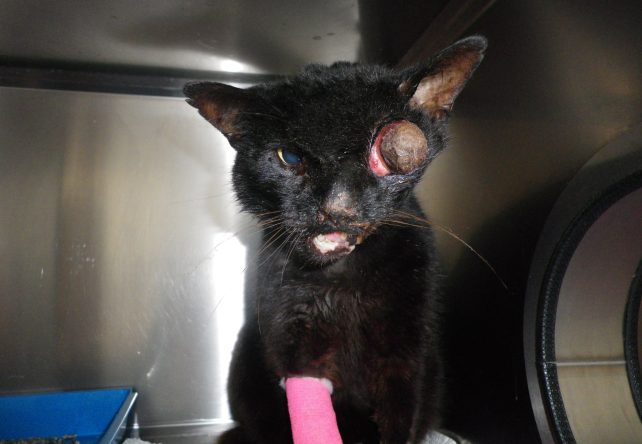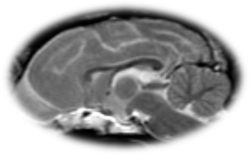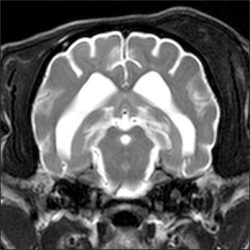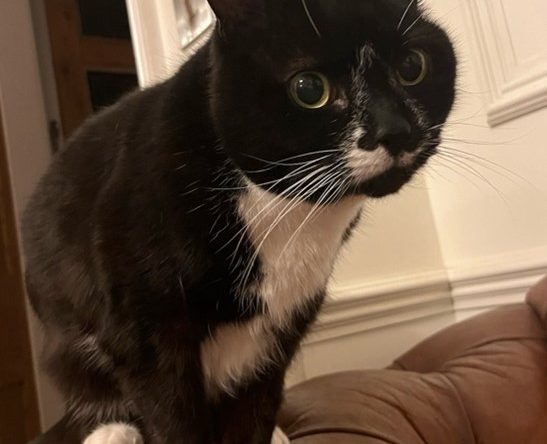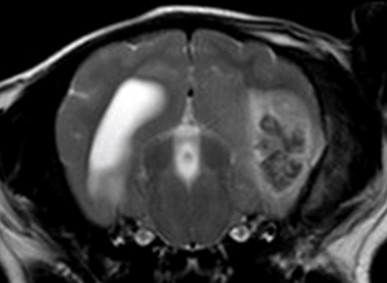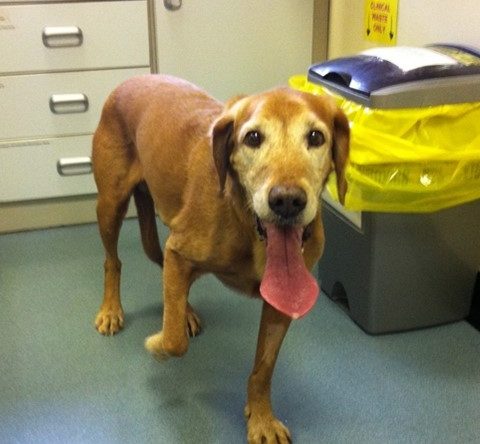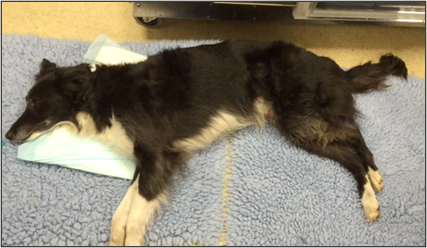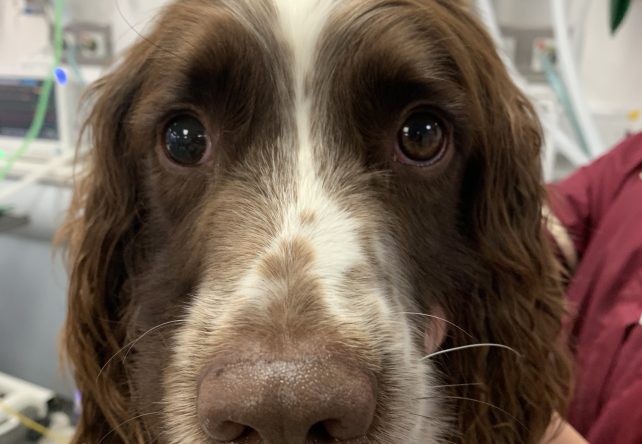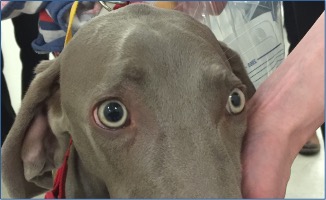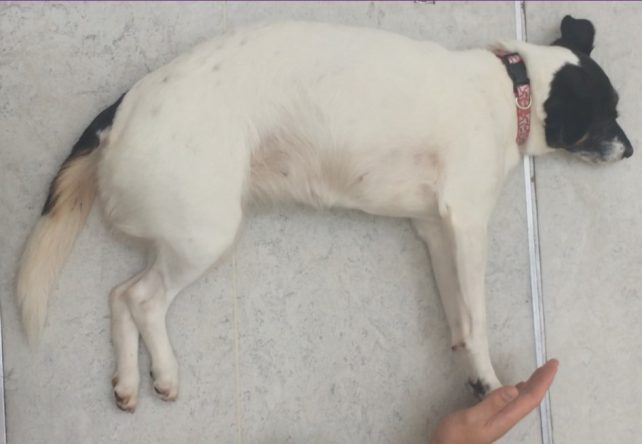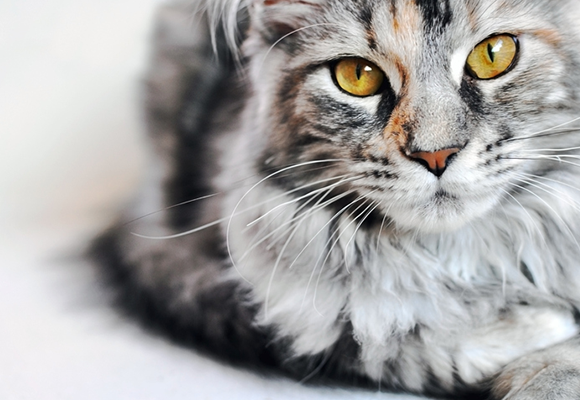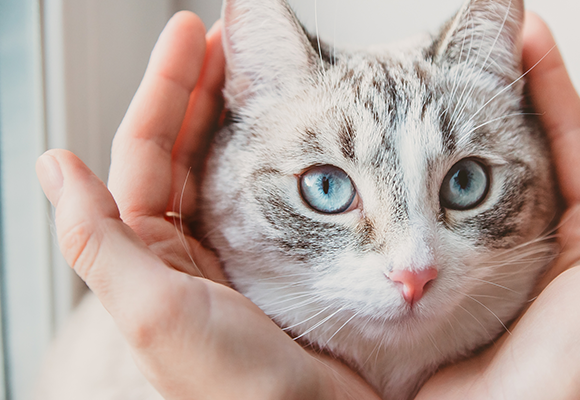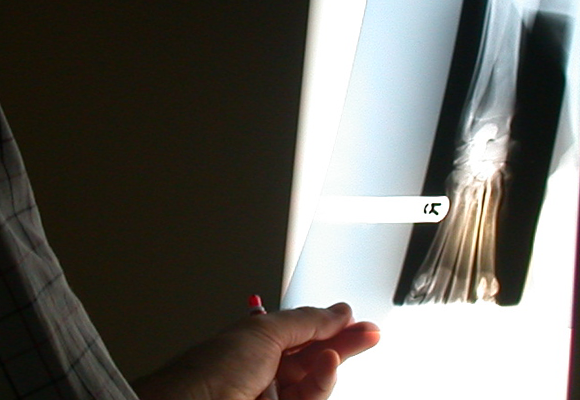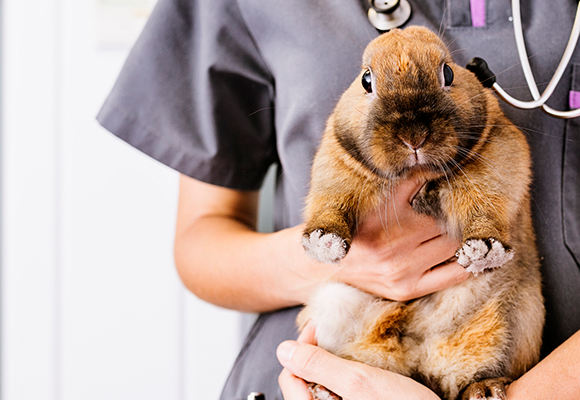Small Animal Practice Club
Coming up in Small Animal Practice Club
- August 2025
BOAS with Matthew Simpson - September 2025
Feline Diabetic Ketoacidosis with Stephanie Sorrell - October 2025
Diagnosis and Treatment of IMHA – Current Recommendations with Mayank Seth - November 2025
Staging and Oral Biopsy Technique with Andrew Perry - December 2025
Gold Standard Theatre Practice/Suture Material Choices with Rachel Hattersley - January 2026
Lung cancer: primary pulmonary neoplasms, metastatic lung disease and the approach to workup and monitoring of the ‘incidental lung nodule’ with Sarah Stewart - February 2026
Surgical Drains with William Robinson - March 2026
In House Cytology with Roger Powell - April 2026
Oesophageal Disease – Surgical Management with Tom Hernon - May 2026
Tumours of the Bladder with Owen Davies - June 2026
Lapraroscopy with Matteo Rossanese
Over 100 hours of content immediately available to new members
View Archives Monthly Membership£70 plus VAT Annual Membership
£697 plus VAT
Coming up in Small Animal Practice Club
- August 2025
BOAS with Matthew Simpson - September 2025
Feline Diabetic Ketoacidosis with Stephanie Sorrell - October 2025
Diagnosis and Treatment of IMHA – Current Recommendations with Mayank Seth - November 2025
Staging and Oral Biopsy Technique with Andrew Perry - December 2025
Gold Standard Theatre Practice/Suture Material Choices with Rachel Hattersley - January 2026
Lung cancer: primary pulmonary neoplasms, metastatic lung disease and the approach to workup and monitoring of the ‘incidental lung nodule’ with Sarah Stewart - February 2026
Surgical Drains with William Robinson - March 2026
In House Cytology with Roger Powell - April 2026
Oesophageal Disease – Surgical Management with Tom Hernon - May 2026
Tumours of the Bladder with Owen Davies - June 2026
Lapraroscopy with Matteo Rossanese
Over 100 hours of content immediately available to new members
View Archives Monthly Membership£70 plus VAT Annual Membership
£697 plus VAT
